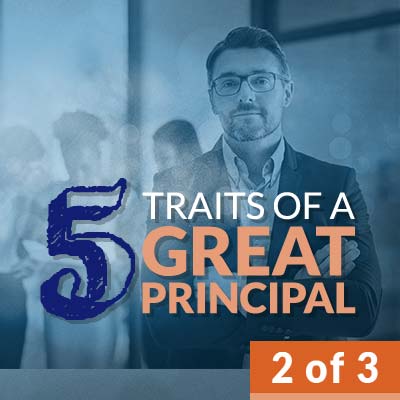Mike has served as editor and curriculum researcher for DataWORKS since 2010. Previously, he taught English in middle school, high schools, and colleges in Illinois, Puerto Rico, and California. He has edited national trade magazines and presented seminars nationwide for businesses and non-profit organizations. He believes words are a powerful educational tool for reporting, reflecting, and revealing.
The final type of cognitive strategy that we will discuss in this series of blog posts is metacognitive strategies. As we’ve seen, cognitive strategies are the basic mental techniques we use to think, study, and learn (such as chunking, rehearsal, elaboration, and organization). Taking it to the next level, metacognitive strategies involve “thinking about thinking.” …
The teacher asked students to write a paragraph about video games. Adam wrote: Link is a clever guy who has to rescue Princess Zelda from the villain Ganon. Along the way, he learns to use the Triforce. Anthony wrote: To play the game, you have to be good at using a controller. With the right…
How to learn better means giving students the skills to manage their own learning. We call these cognitive strategies. In previous blogs, we discussed chunking, rehearsal, and elaboration strategies. This time we will look at organization methods that you can use with your students. Organization strategies Where rehearsal and elaboration strategies focus on words,…
Expanding Vocabulary Last time we discussed the Standards for Literacy Practice (SLPs) that are part of Common Core. These standards are recommended guidelines that subject area teachers (such as social studies/history, science, and technical subjects) should use to reinforce literacy in their classes. One of the main shifts in these literacy standards is the focus on…
Giving students the skills to learn better, to take charge of their own learning, is critical to their development. That’s why cognitive strategies are so important. In a previous blog, we discussed chunking and rehearsal strategies. This time we will look at elaboration methods that you can use to help students understand and remember. Elaboration…
Literacy: The Shifts Imagine this scenario: You are a 6th grade social studies teacher. Your principal visits your classroom and asks you how you are meeting the new literacy standards promoted by Common Core. Perhaps your jaw drops, and then you stumble out a few words about helping them read and write. “Well, check it…
One of the most important things I have done in teaching was to give tips to the students that would help them learn better. These tips are called cognitive strategies. Now, in this post, I will discuss a wide range of “rehearsal” cognitive strategies that you can use in the classroom to help your students learn…
In my many years teaching in the classroom, I always felt that one of the most important things I did was to give tips to the students that would help them learn better. They really appreciated it, and they often had ahas! when they realized there was an easier way to study, memorize, etc. I…
What Makes a Good Principal? After many years of teaching at all levels of education, I distinctly remember the principals I served under. My first principal was a nice guy but very defensive. Another was very supportive of me, but never came into my classroom. Another liked to discuss educational problems and issues with me.…
“Time is more valuable than money. You can get more money but you can never get more time.” This popular quotation strikes a chord with most teachers. The school bell rings every 45 to 50 minutes. It keeps our day, our students, and our work always on the move. Thus, the most common conversation in…










